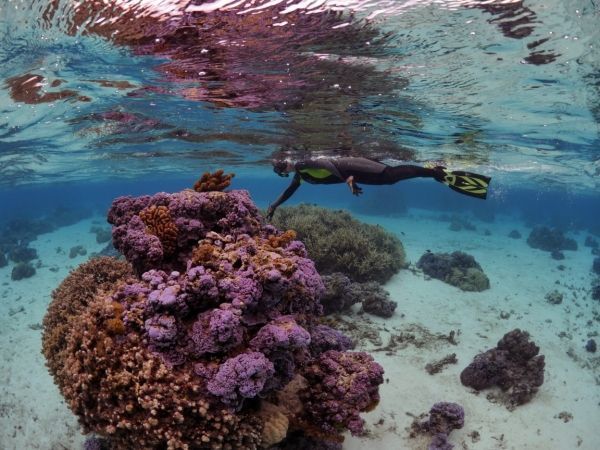Researchers at Oregon State University have proposed a new genus of bacteria that flourishes when coral reefs become polluted, siphoning energy from the corals and making them more susceptible to disease.
The National Science Foundation-funded study, published in the ISME Journal, adds fresh insight to the fight to save the Earth’s embattled reefs, the planet’s largest and most significant structures of biological origin.
Coral reefs are found in less than 1% of the ocean but are home to nearly one-quarter of all known marine species. Reefs also help regulate the sea’s carbon dioxide levels and are a crucial hunting ground that scientists use in the search for new medicines.
Corals are home to a complex composition of dinoflagellates, fungi, bacteria and archaea that together make up the coral microbiome. Shifts in microbiome composition are connected to changes in coral health.
Continue reading at Oregon State University.
Image via Oregon State University.


